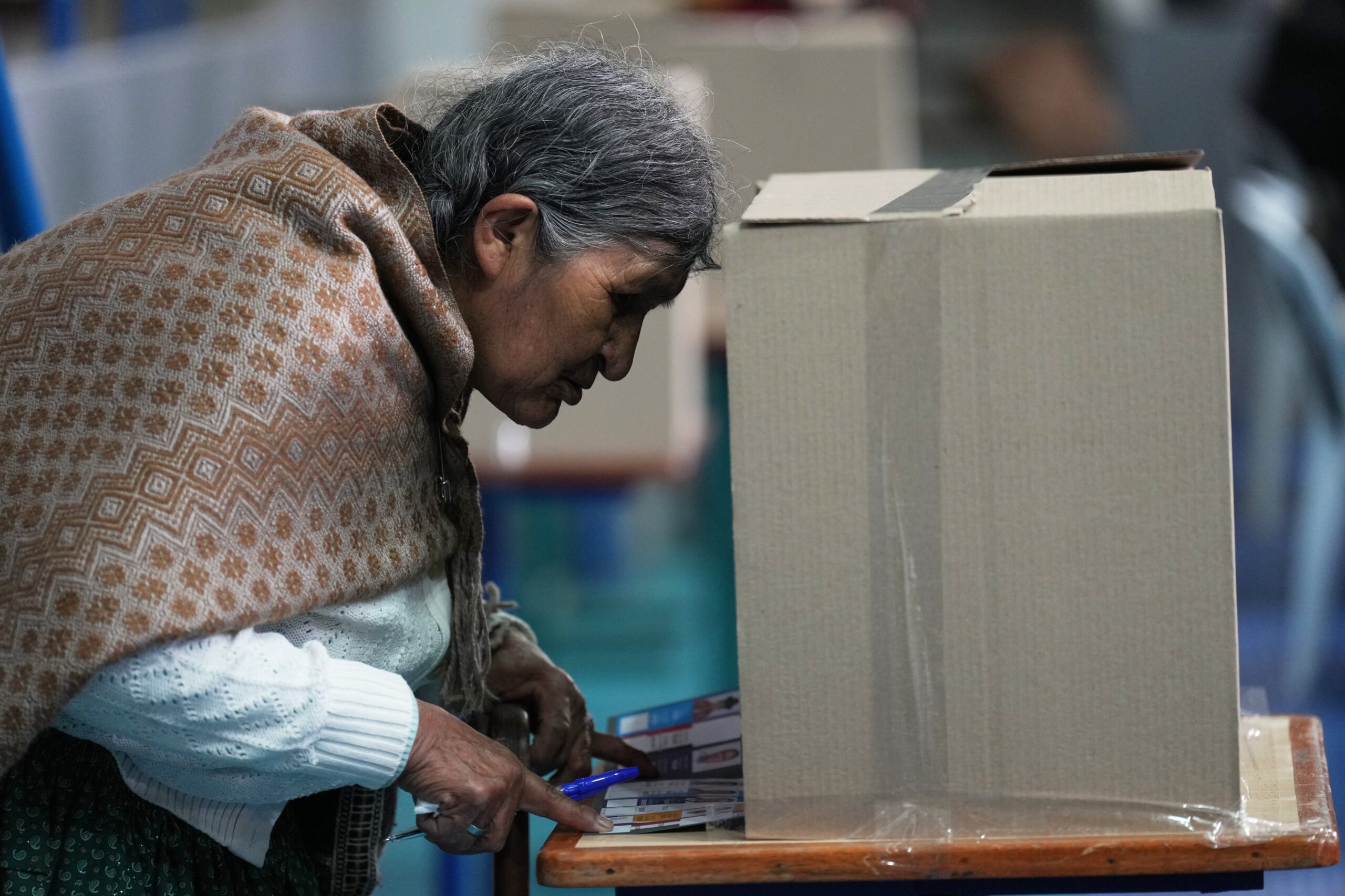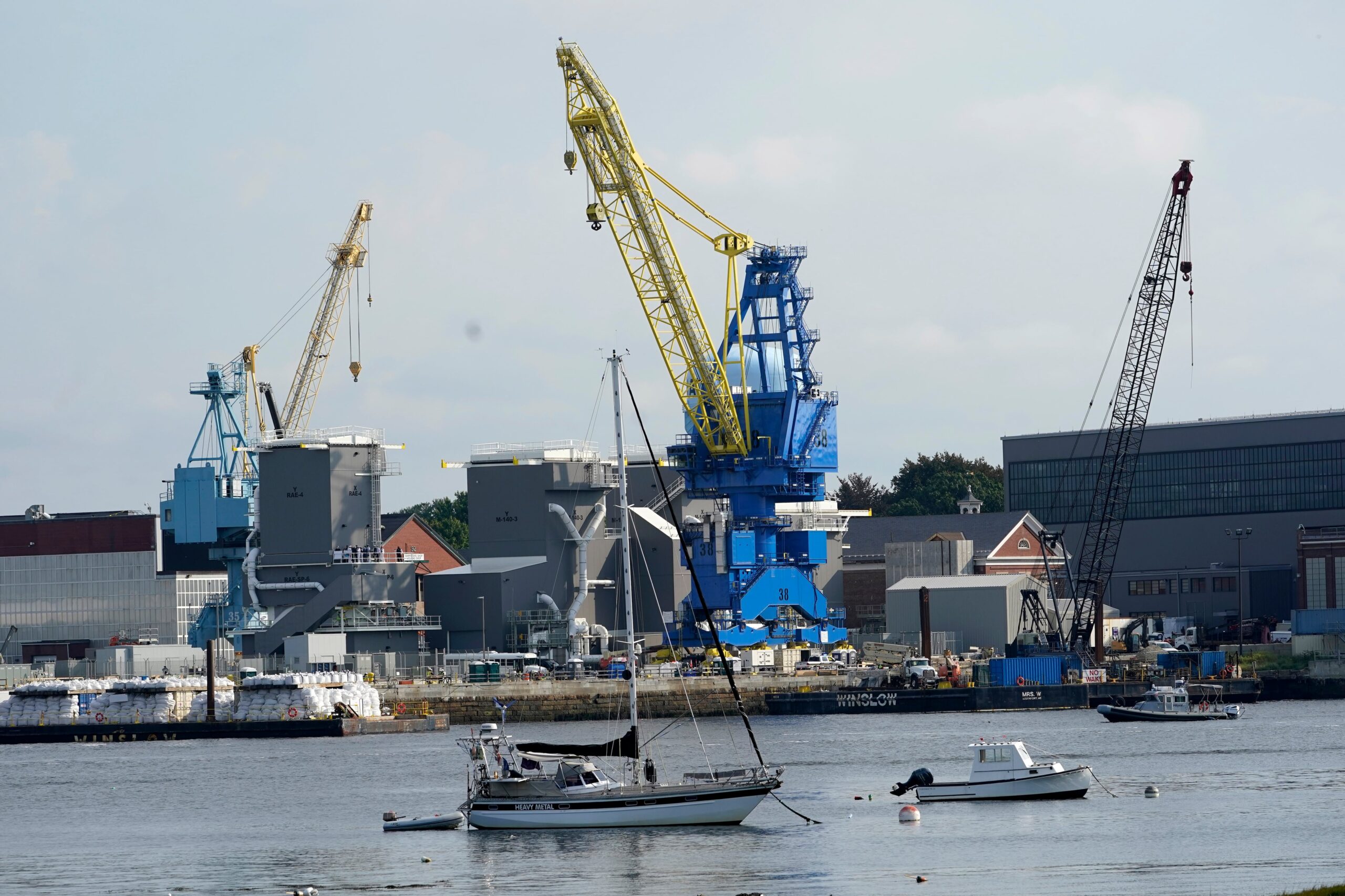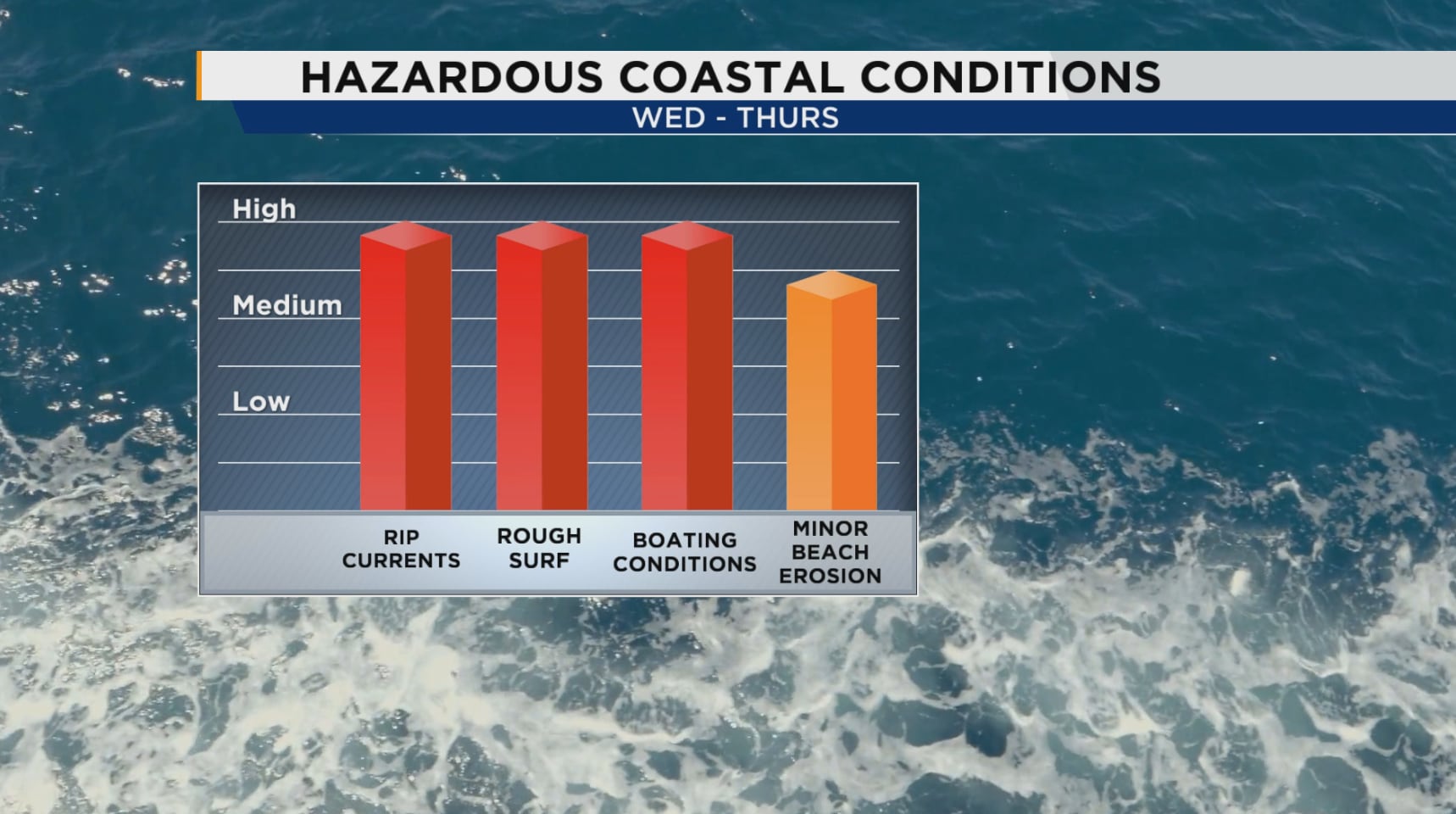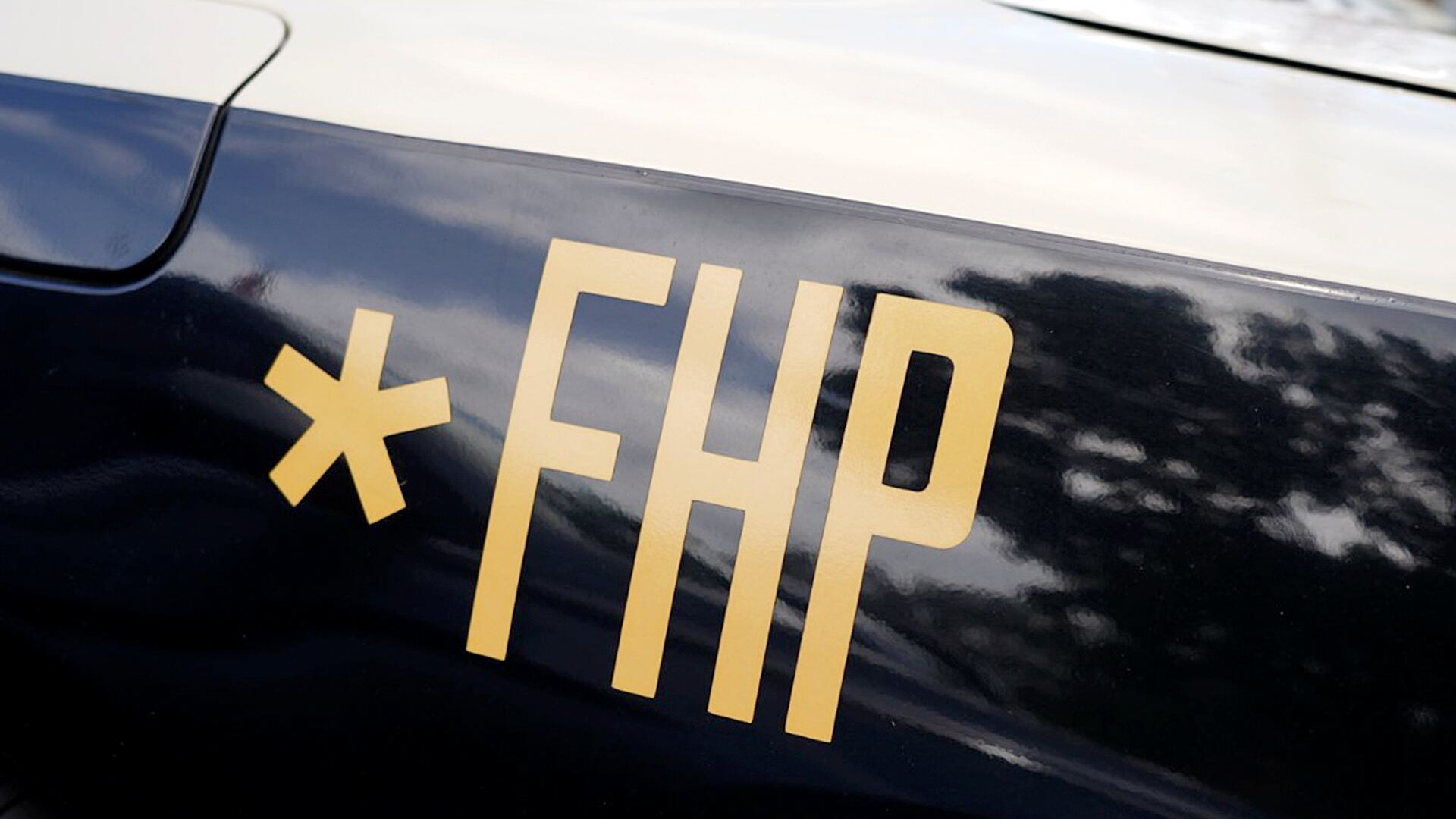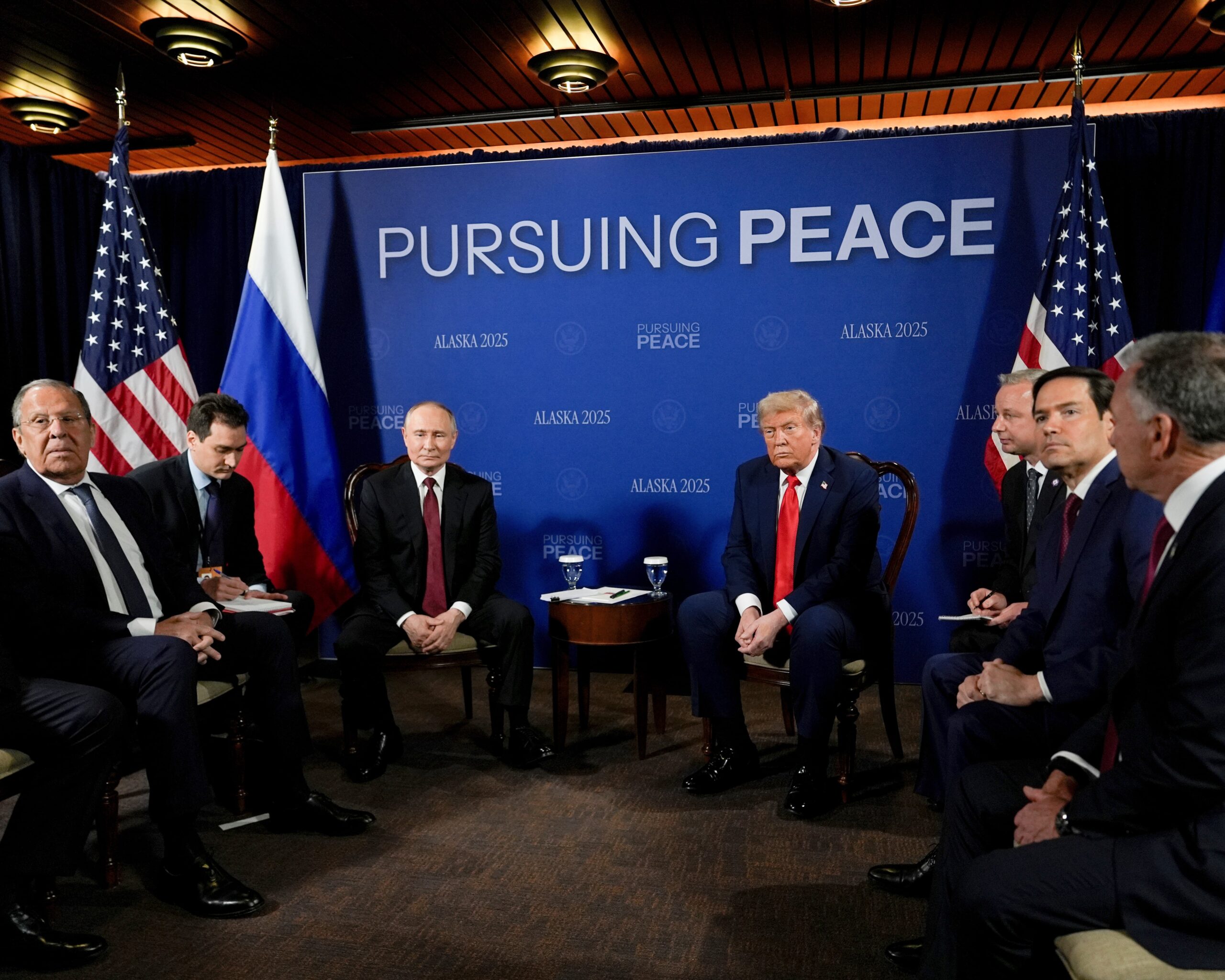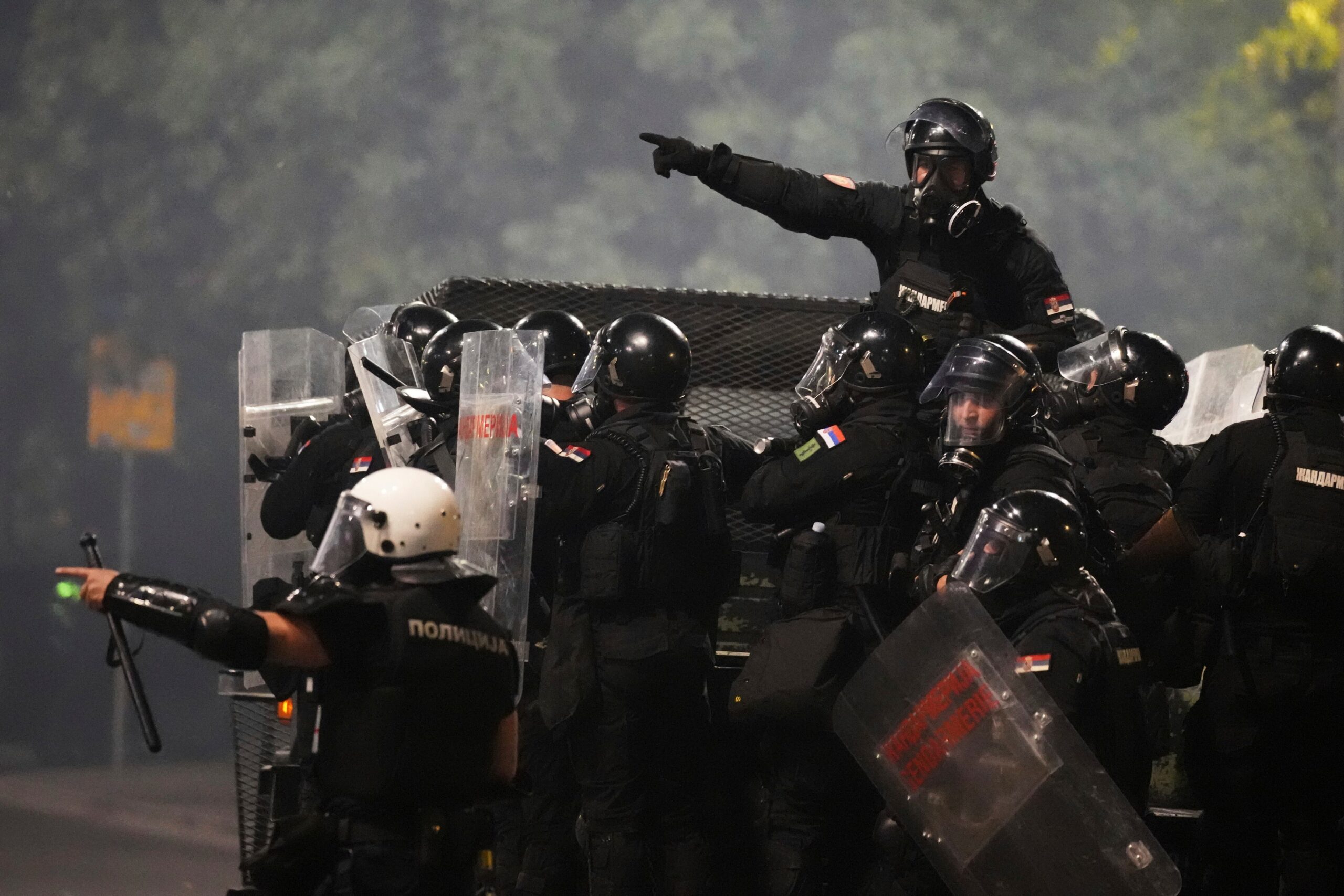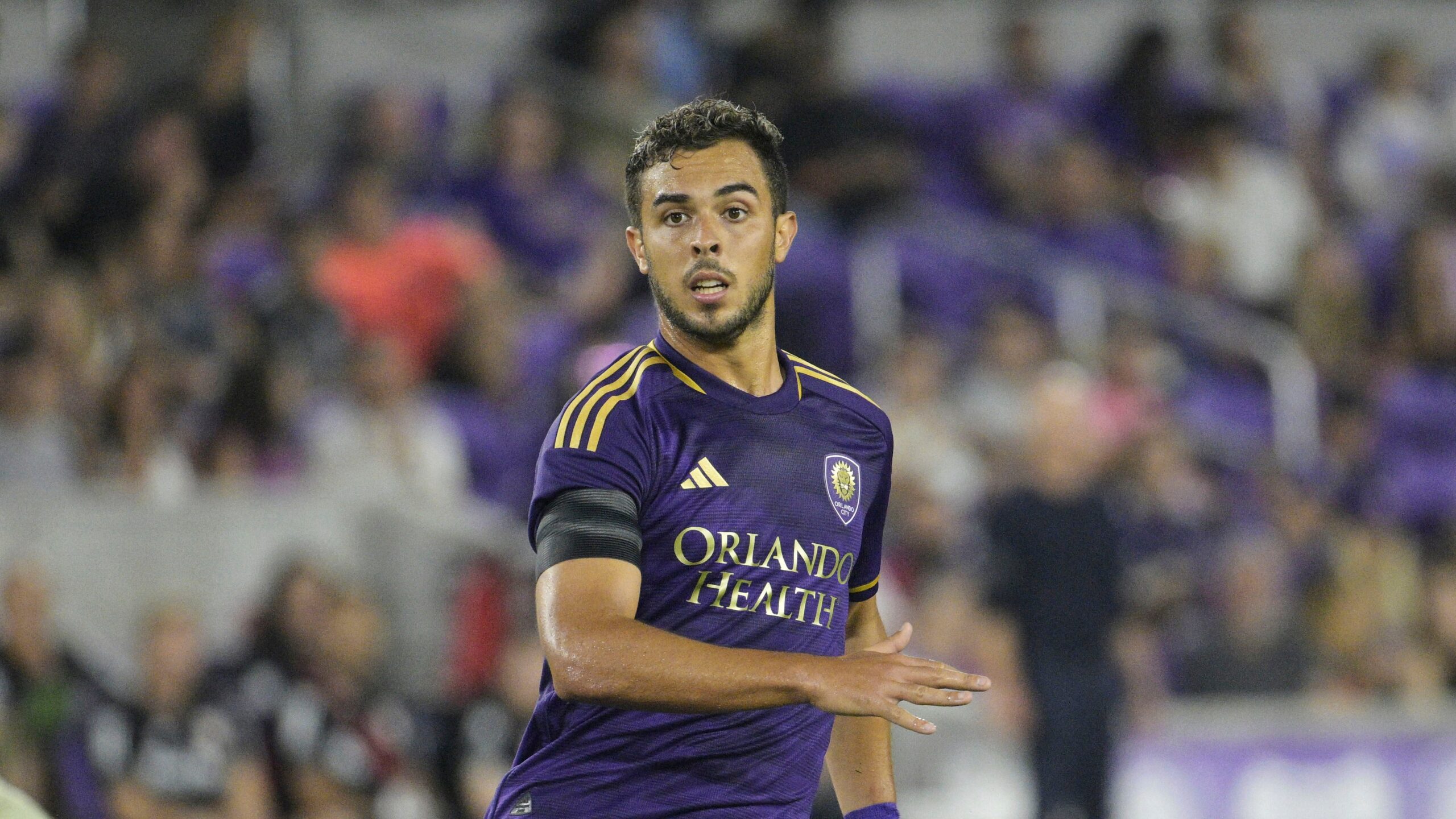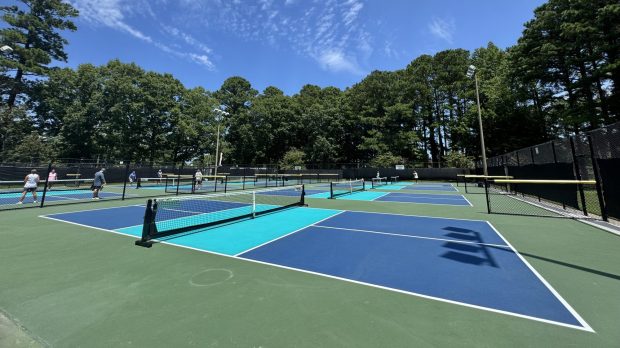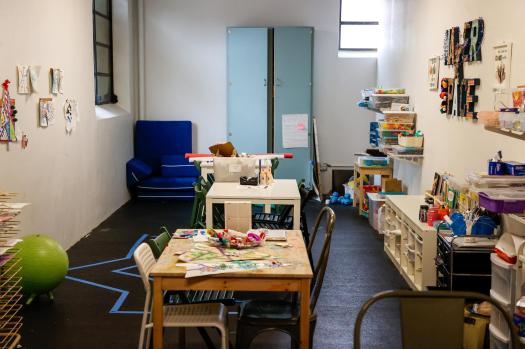LA PAZABolivians voted on Sunday for a new president and parliament in elections that might see a right-wing government elected for the first time in more than 20 years, following a poor campaign overshadowed by an impending economic disaster.
The vote is one of the most important and uncertain in Bolivia’s recent history, and it has the potential to destroy the long-dominant Marxist party in the Andean nation.
Suggested Videos
An astounding 30% or more of voters were still unsure in the days leading up to Sunday. According to polls, former President Jorge Fernando Tuto Quiroga and multimillionaire business owner Samuel Doria Medina, the two front-runners on the right, were virtually tied.
In Bolivia, where around 7.9 million people are eligible to vote, voting is required.
According to Daniel Lansberg-Rodriguez, founding partner of the advising firm Aurora Macro Strategies in New York, “I have rarely, if ever, seen a situational tinderbox with as many sparks ready to ignite.”
Bolivia might adopt a more conservative stance.
Due to its possible effects on the political stability and economic future of this resource-rich, long-suppressed country, the election is being intently monitored throughout Latin America.
The Movement Toward Socialism, or MAS, party, whose founder, the charismatic former president Evo Morales, rose to prominence as part of the pink flood of leftist leaders that swept across Latin America during the early 2000s commodities boom, also signals a turning point.The party, now wrecked by internal strife, is battling to survive Sunday’s elections.
In Latin America, right-wing leaders like Ecuador’s strongman Daniel Noboa, Argentina’s libertarian Javier Milei, and El Salvador’s conservative populist Nayib Bukele have gained popularity. The outcome will determine whether Bolivia, a country of about 12 million people with the largest lithium reserves on Earth and vital deposits of rare earth minerals, follows this trend.
Bolivia, which is now associated with the socialist-inspired government of Venezuela and global powers like China, Russia, and Iran, might undergo a significant geopolitical realignment if it were to adopt a right-wing leadership.
Bolivians who vote for the lesser of two evils are resentful.
Voting began at polling places in downtown La Paz, the capital of Bolivia, and a steady stream of voters started to arrive, demonstrating the election’s solemn tone.
Fuel shortages, a lack of optimism for immediate improvement, and an annual inflation rate of more than 16% last month (compared to 2% less than two years earlier) all contributed to the confused, cynical, and resentful feelings of Bolivians waiting to cast their ballots at three different high schools located throughout the city. Many claimed to be voting for the lesser of two evils, or el menos peor.
The opposition’s right-wing candidates portray the contest as an opportunity to shape Bolivia’s future. However, both front-runners, Quiroga and Doria Medina, have served in previous neoliberal administrations and have made three unsuccessful presidential runs before losing to Morales at least twice.
Ronaldo Olorio, a farmer from the coca-growing Yungas region who once identified as a staunch Morales fan, stated, “People were waiting for a new, popular candidate, and in this, the opposition failed us.” I’m voting out of rage and dissatisfaction. Neither Quiroga nor Doria Medina appeal to me. However, I must choose between the two.
Right-wing politicians promise to mend US ties
Following Morales’ expulsion of the American ambassador in 2008, Doria Medina and Quiroga have hailed the Trump administration and pledged to mend strained relations with the United States.
Additionally, they have called for international private enterprises to invest in Bolivia and develop its abundant natural riches, and they have indicated interest in doing business with Israel, which does not have diplomatic ties with Bolivia.
Bolivia’s first Indigenous president, Morales, nationalized the country’s oil and gas industry after he swept to power in 2006 and used the rich earnings to better the lives of the rural poor, build infrastructure, and combat poverty.
Morales has been disqualified from this election by Bolivia’s constitutional court after serving three consecutive terms as president and making a controversial campaign for an unprecedented fourth term in 2019 that caused widespread disapproval and resulted in his resignation.
Because of his declining popularity, President Luis Arce, who had previously been his ally but is now his challenger, withdrew his candidacy for the MASon and nominated Eduardo del Castillo, his senior minister.
The 36-year-old Senate President, Andro Rodríguez, who is a member of the same coca farmer organization as Morales, began his campaign as the party broke apart.
Morales, the former president, votes with no vote.
Morales, who has been hiding in his tropical stronghold of Chapare and fleeing an arrest order on allegations relating to his relationship with a 15-year-old girl, has asked his supporters to either leave their ballots blank or deface them rather than support the candidate who is largely regarded as his heir.
Morales cast his void ballot in Chapare, central Bolivia, and was shielded from arrest by a human chain made up of dozens of coca-growing union activists. Around his neck, a big wreath of coca leaves was draped.
As he shook hands with supporters who threw white confetti at him, he broke out into a rare smile.
After casting his ballot, he told reporters, “I’m convinced that if there’s no fraud, the null vote will win.”
According to conservative contenders, austerity is necessary.
Whoever prevails must overcome formidable obstacles. Quiroga and Doria Medina have cautioned that in order to prevent Bolivia from going bankrupt, a difficult budgetary adjustment is required, which includes doing away with the country’s large gasoline and food subsidies.
Some experts warn that this could lead to widespread unrest.
According to Kathryn Ledebur, head of the Andean Information Network, a Bolivian research organization, a win by either right-wing contender might have serious consequences for the country’s poor and Indigenous populations.
Both candidates might support security forces and right-wing para-state organizations, opening the door for violent suppression of demonstrations that are anticipated to break out against severe austerity measures and the foreign exploitation of lithium.
For the first time since Bolivia’s return to democracy in 1982, the top two contenders will face off in a runoff on October 19 if, as is generally predicted, no presidential candidate achieves more than 50% of the vote, or 40% of the vote with a lead of 10 percentage points.
Along with 36 seats in the Senate, the upper house of Parliament, all 130 seats in Bolivia’s Chamber of Deputies, the lower house, are also up for grabs.
